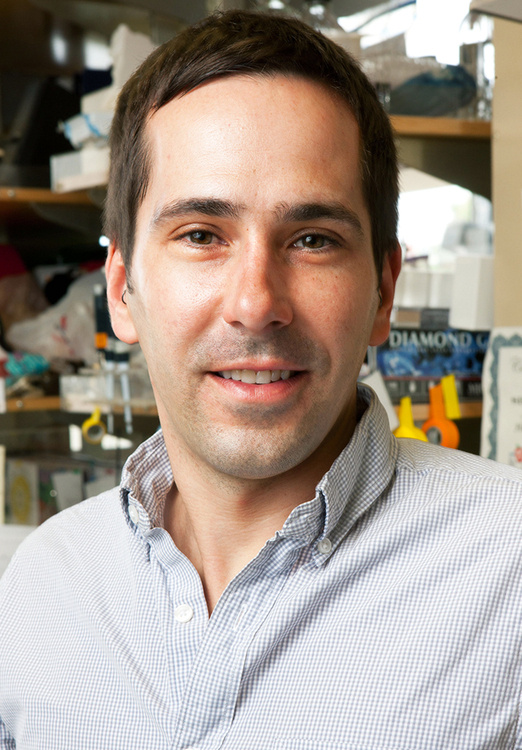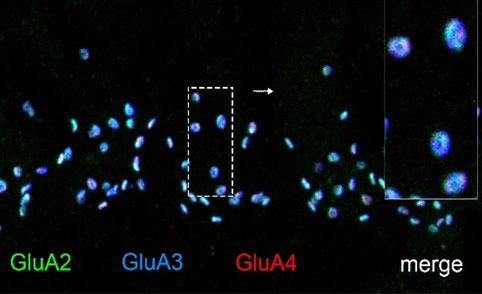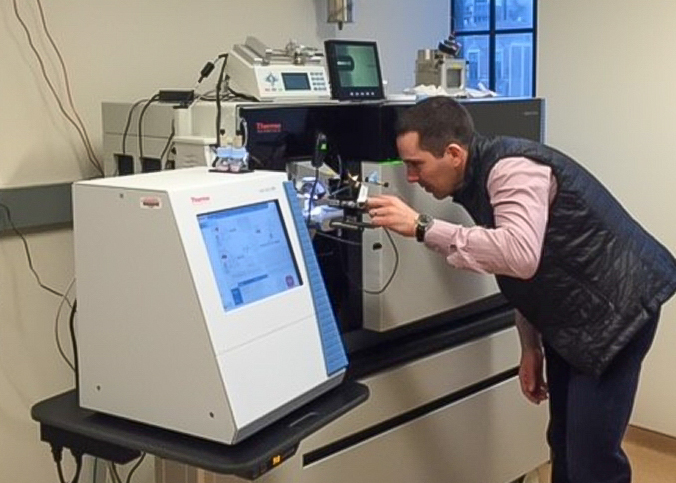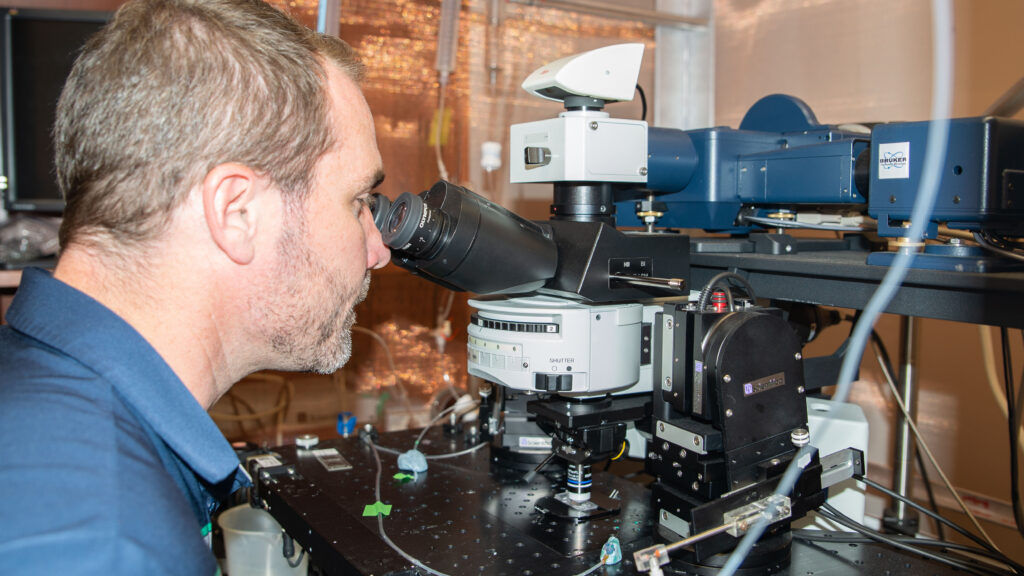A new collaboration between Washington University hearing scientists and colleagues at Northwestern University hopes to shed new light on both the mechanisms of hearing loss and the optimization of cochlear implant outcomes.


The collaboration is an integral part of an NIH grant awarded to WashU Associate Professor of Otolaryngology Mark Rutherford, PhD, and Jeffrey Savas, PhD, at Northwestern. According to Rutherford, the work will provide a more quantitative measure of the synaptic elements used to communicate auditory signals from hair cells to auditory neurons.
The quantitative approach is known as proteomics, a range of technologies used to determine the identity and quantity of the proteins used in specific cells, their three-dimensional structure, and how they interact with one another. Proteomics is often described as the protein version of genomics, or the study of an organism’s genes.

The Rutherford lab currently uses a variety of mouse models of synaptopathy, or synapse dysfunction to study hearing loss. The Savas lab is one of very few using proteomics to study inner ear tissues, an approach made difficult due to the lack of accessibility and sparsity of biological tissue.
“This technology will allow us to track changes in receptor expression in the context of noise exposure, synapse plasticity and repair,” said Rutherford. “The proteomic studies conducted at Northwestern will complement electrophysiology and imaging studies done here at WashU.”

Rutherford explained that imaging studies allow for spatial localization and semi-quantitative measures of receptor proteins, but proteomics can quantify protein expression in more absolute terms.
The collaboration has recently expanded to include a clinical study to predict cochlear implant outcomes. This study involves the proteomic analysis of tiny samples of perilymph, an inner ear fluid, collected during cochlear implant surgery. ENT surgeons Matthew Shew, MD, and Amit Walia, MD, collect samples, which are sent to Savas for analysis. The work is the first of its kind among efforts to identify the factors that determine cochlear implant success.
According to Shew, the aim of the study is to better understand what may be occurring on a molecular level in patients with profound hearing loss undergoing cochlear implantation.
“Our goal is to better understand which factors determine cochlear implant success and identify novel biomarkers for performance to improve personalized medicine delivery to our cochlear implant recipients,” he said. “We are excited to partner with Dr. Savas and learn from his expertise!”
For more information, please contact Mark Rutherford.
Save the date: Jeffrey Savas, PhD, will be visiting WashU to speak with the Department of Otolaryngology Feb. 20, 2023.
